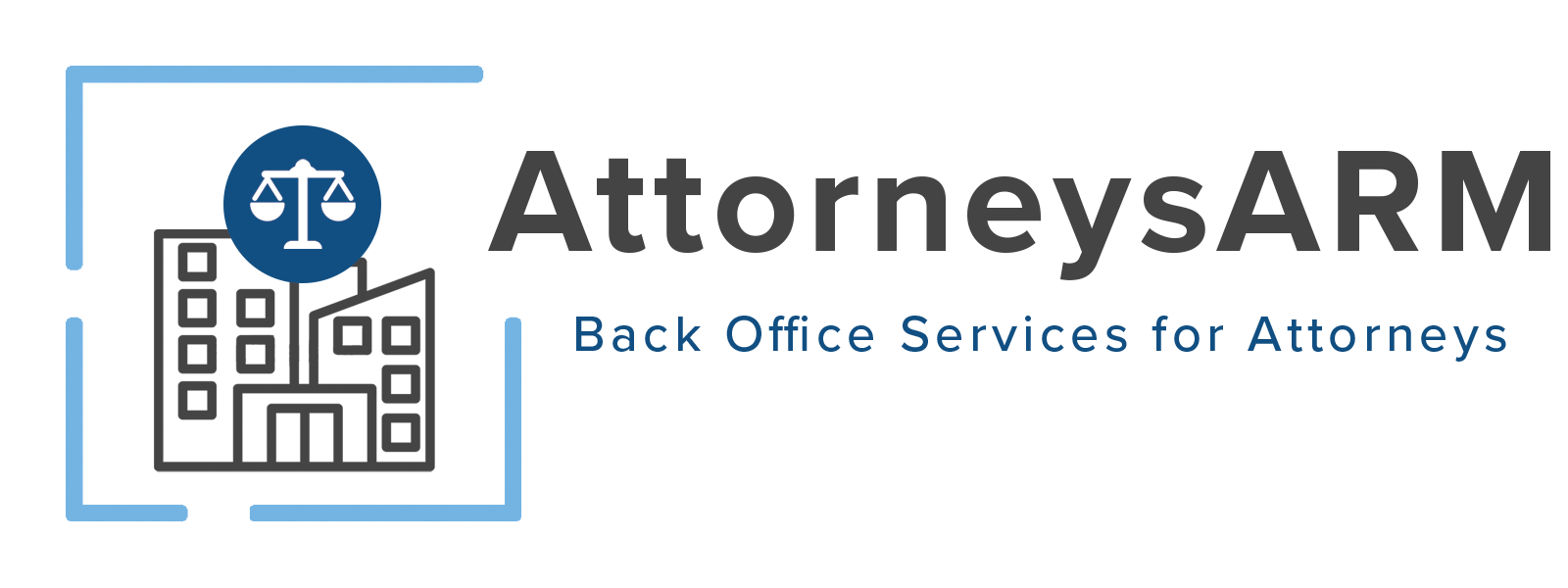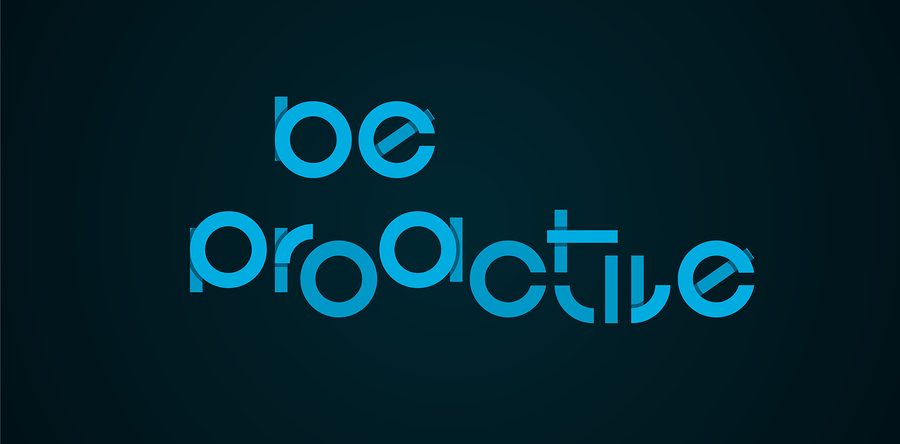Accounts receivable is an area of your business that is often broken down into other areas. Billing, processing payments, and collections are the three main tasks that fall into this category of your business. It can be a difficult area to manage particularly if you’re a small business and don’t have someone devoted to handling this area of your business. However, accounts receivable is one of the most important areas of your business. This is because it is directly associated with the financial well-being of your business.
What Is the Most Important Skill to Have in Accounts Receivable?
Which skill do you think is most important for accounts receivable? Is it the ability to handle the math? Is it time management? Is it the ability to use a computer? While basic math skills, time management, and computer literacy are certainly important in accounts receivable, the most important skill is being proactive. When you’re proactive in every aspect of your accounts receivable, you’ll keep problems at a minimum.
How to Be Proactive in Accounts Receivable
Since a large part of accounts receivable is waiting on clients to pay, how can someone be proactive? Well, it turns out that there are a lot of things you can do that will likely get you paid faster.
Stay on top of invoicing. Set aside time every day to work on your billing. Create and update your invoices either as they’re needed or at the end of each day. This helps ensure that you don’t forget to bill a client for your services.
Make sure your invoices are easy for clients to read and understand. Sometimes, clients don’t pay their invoices because they have questions. You can proactively avoid some past due accounts by ensuring that your invoices are easy for clients to read and understand.
Create and distribute a document that answers the most commonly asked questions about billing and payments. Along the same lines as the last tip, we’re looking to answer questions for clients before they hold off on paying their invoice because of them. Create and distribute a document that explains the options clients have to pay, when a late fee is assessed, how much the late is, and when payments are due.
Implement a follow-up plan for late clients. Sometimes, clients may misplace an invoice. Sometimes, they may forget that they owed anything. Sometimes they don’t pay because they’ve ran into a serious situation. Your business should create and implement a follow-up plan for late clients. Follow-up phone calls should begin the day after an account goes past due. This type of proactive planning and execution can help you get paid or set up a plan with a past due client who is in the midst of a financial bind.
Make the Decision to Get Help
One of the best things that you can do to stay on top of your accounts receivable is to make the decision to get help. With only so much time in a day, it’s no surprise that accounts receivable tasks are often placed on the backburner. Clients ARM has more than 30 years of experience in accounts receivable. We help businesses of any size take care of their invoicing, payment application, and collections needs from our remote U.S. based location. To learn how Clients ARM can help your business, schedule your free consultation.




